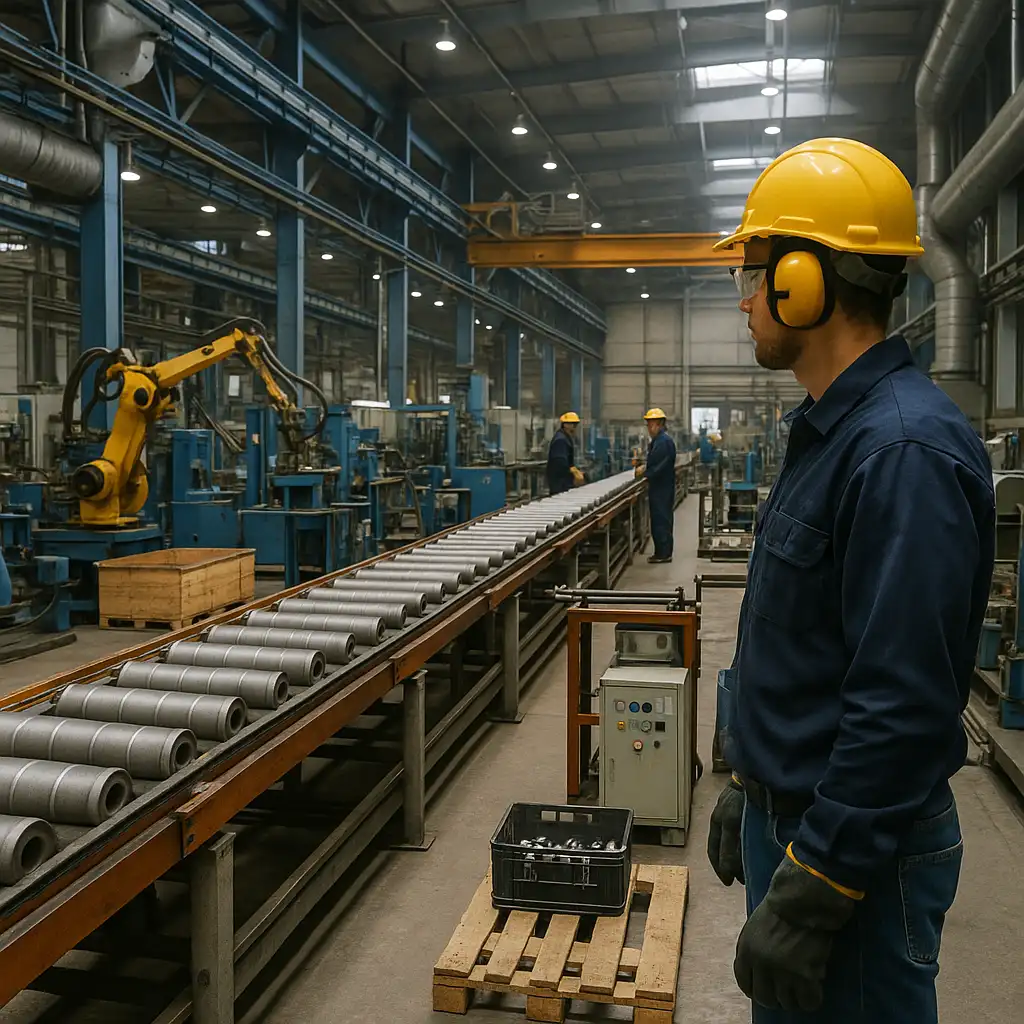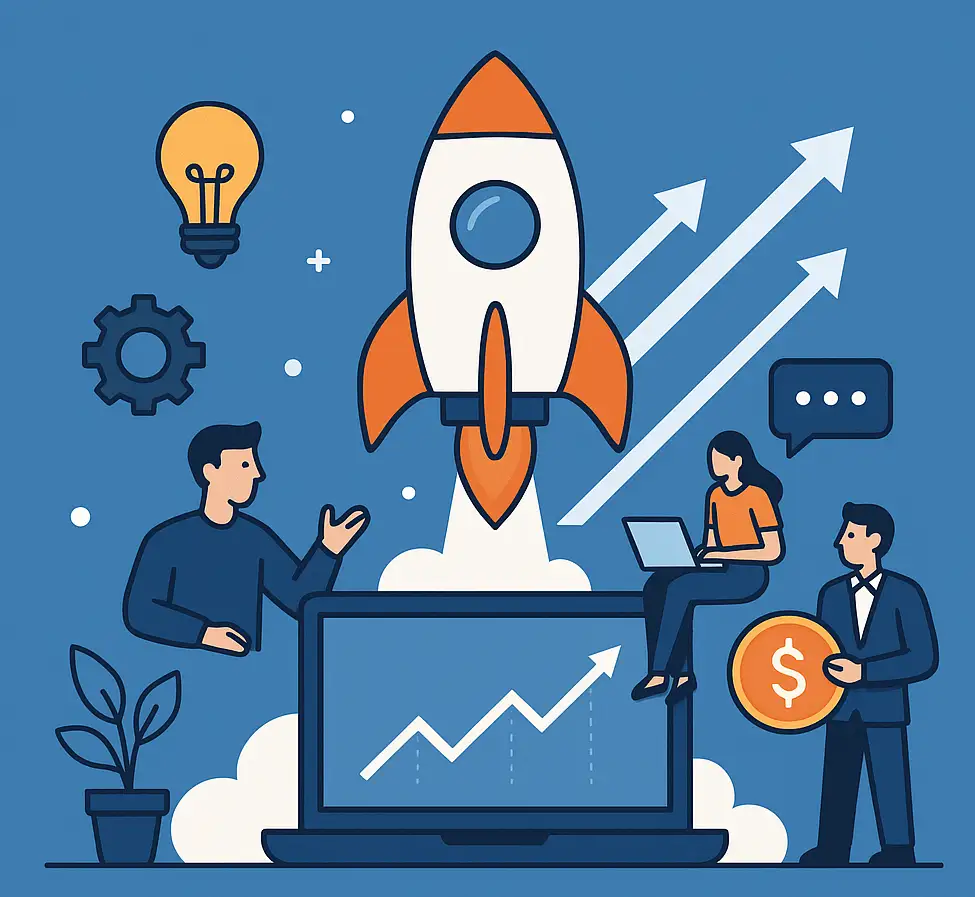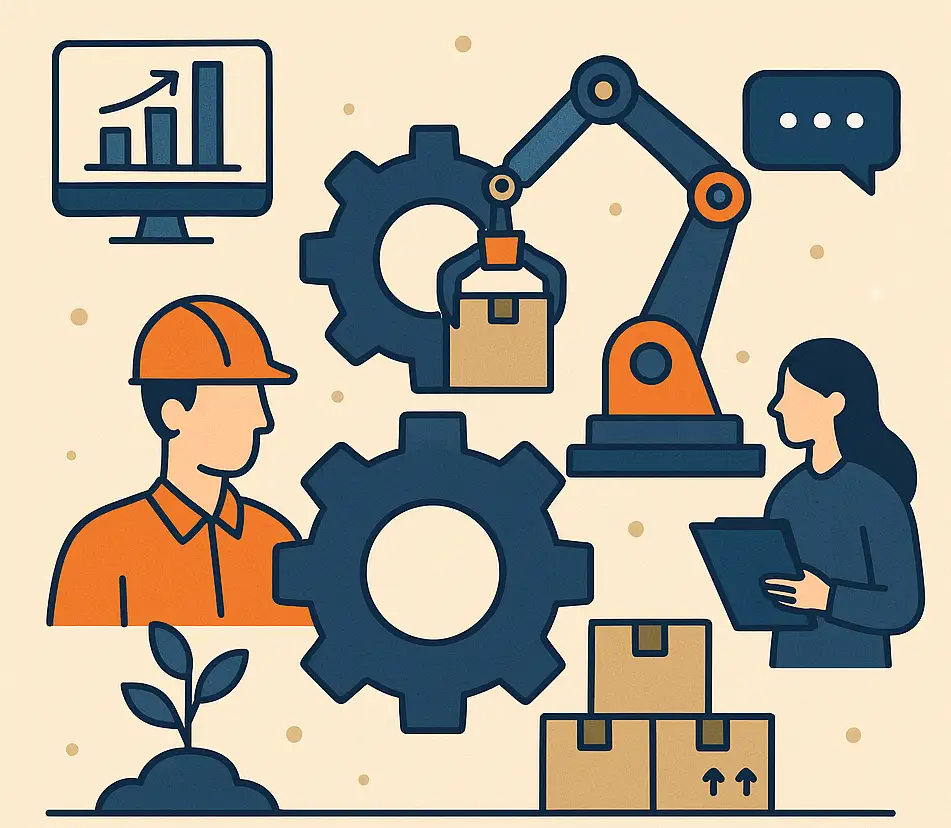Investments in Start-ups, Business and Production
Business (Start-ups and production are a parts of it), is one of the most profitable activities. The capitalist world, based on private property, encourages the creation of a business in every way. The more diverse business processes - the richer and more stable the economy.
Thousands of books have been written about business, but our task is to consider business as an investment and to derive the main rules and approaches apllied so investing in business, you do not become a businessman who has a lot of things to do, a lot of money and absolutely no free time. Our goal is investor who has both free time and money.

The main differences between Investing in Business and doing business.
• When you do business, you spend your time. Time, as the main resource, is a limiter that does not allow you to do other things in parallel with running a business. You can delegate your responsibilities, hire staff and managers, but you will still have to spend time solving problems and making decisions if you run a business. If the business fails, then you spend both the money and the time spent on creating the business. You are left with experience, which is more likely to help you build a successful business next time.
• By investing in a business, you don't waste your time. Your participation is limited by choosing the form and scope of participation in a particular project and maling an agreement. If everything is done correctly and the business is profitable, then you get your share. If the business fails, which happens quite often, then you spent money, but didn't waste your time doing other things. You also gain experience in investing, which increases your chances of identifying successful investment projects in the future.

Before investing in a business
Before deciding to invest in a business, ask yourself the following questions:
• What level of risk am I ready to accept?
• How much do I want to participate in project management?
• What investment horizon suits me?
• Do I understand the market I'm investing in?
Depending on the answers to these questions, you will be able to determine the main criteria for projects that suit you and never deviate from them.
The biggest danger when investing in a business is, like in a casino, getting involved in the development process, forgetting about profit and payback. You can invest in a business for years and get nothing in the end, due to the emergence of a new technology, a change in legislation, or another force-majeure.
The Main Forms of Investment in Business

Investments in Startups
A startup is a young company with an innovative idea, ambitions and potential for high growth. Startups often operate in the IT, biotechnology, ecology, or fintech industries.
Advantages
• Possibility of high returns( revenue can exceed 1000% of the initial investment. )
• Participation in breakthrough projects that can change the market.( highly specialized and uncomplicated projects have a low entry threshold and a quick payback. )
Disadvantages
• High risks:( up to 90% of startups don't survive the first 3-5 years. )
• Complex and innovative startups have a long payback period
• Limited control over management( unless you're a major investor with decision-making obligations. )
Conclusion
Suitable for experienced investors willing to take risks for the sake of potentially high returns.

Investing in an existing business
Investing in an existing small or medium-sized business is a way to participate in functioning mechanism. This could be a cafe, a yoga studio, an online store, a logistics company, etc.
Advantages
• Transparent business model.
• Profit income is possible within the first year
• Possibility of participation in operational management.
Disadvantages
• Risks depend on the market niche and the competence of managers.
• The need for a detailed financial analysis before investing.
• Conflicts with partners or other investors are possible.
Conclusion
Suitable for: investors with a moderate level of risk who want more control over the process.

Investments in production
Production projects are investments in the creation or expansion of enterprises that produce physical goods: from food products to equipment.
Advantages
• High scalability.
• Long-term sustainability in stable markets.
• Attracting government support and subsidies in certain areas.
Disadvantages
• High entry threshold (investments can reach hundreds of thousands and millions of Euros).
• Difficulties with logistics, certification, supply.
• Long path to payback.
Conclusion
Suitable for investors with large capital, focused on stable growth and the real sector of the economy.
